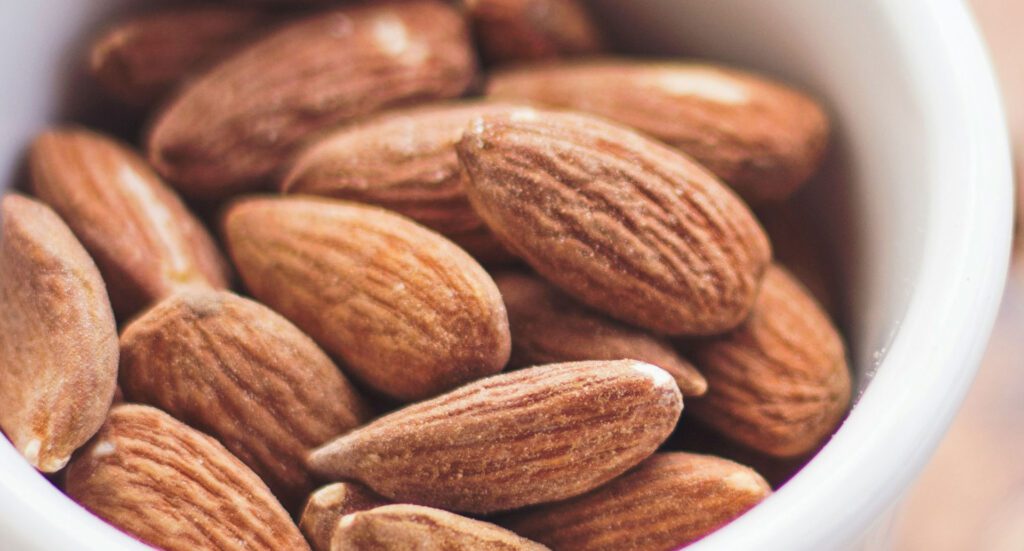Allergic Reaction. What is it?
What it is:
Allergies, hypersensitive immune reactions to certain substances, have been reported as a recurring symptom in long COVID. Individuals experiencing allergies may notice persistent or exacerbated allergic reactions to environmental triggers, adding to the complexity of post-acute sequelae.
Typical Symptoms:
In long COVID, allergies may manifest as symptoms such as nasal congestion, sneezing, itchy or watery eyes, and skin rashes. These allergic reactions can vary in severity and may be triggered by common allergens such as pollen, dust, or certain foods, contributing to discomfort and impaired quality of life.
Who Gets It:
Allergies in long COVID can affect individuals of different ages and initial COVID-19 severity. The reasons for the persistence or exacerbation of allergic symptoms in the post-acute phase are not yet fully understood, emphasizing the need for ongoing research to unravel the complexities of this phenomenon.
Key Points:
- Allergies, characterized by hypersensitive immune reactions, can persist or worsen in long COVID.
- Symptoms may include nasal congestion, sneezing, itchy eyes, and skin rashes.
- Allergic reactions can occur irrespective of the severity of initial COVID-19 symptoms.
- Ongoing research is crucial to understand the mechanisms behind persistent or exacerbated allergies in long COVID.
- Comprehensive allergy management, including avoidance strategies and medication, is essential for addressing allergic symptoms during the post-acute phase.
The presence of allergies in long COVID adds another layer to the diverse array of post-acute sequelae, emphasizing the need for tailored interventions and continued research to address the multifaceted challenges faced by individuals on the path to recovery.
Long Covid The Answers
Relief:
The information provided is for educational purposes only and does not substitute for professional medical advice. Always consult a medical professional or healthcare provider to seek individual medical advice, diagnosis or treatment.
- Allergen Avoidance: Identifying and avoiding allergens that trigger allergic reactions can help minimize symptoms and reduce the frequency and severity of allergic episodes in individuals experiencing allergies in the context of long COVID.
- Air Purifiers: Investing in high-efficiency particulate air (HEPA) filters or air purifiers can help remove airborne allergens such as pollen, dust mites, or pet dander, thereby improving indoor air quality and reducing allergic symptoms for individuals navigating long COVID.
- Nasal Irrigation: Utilizing saline nasal sprays or nasal irrigation systems can help clear nasal passages, remove allergens, and alleviate nasal congestion and irritation, providing symptomatic relief for individuals grappling with allergies in the aftermath of COVID-19 infection.
- Antihistamines: Over-the-counter or prescription antihistamine medications, recommended by healthcare providers, can help alleviate allergic symptoms such as sneezing, itching, and nasal congestion, improving comfort levels and quality of life for individuals managing long COVID-related allergies.
Credible Sources of Information:
Coming Soon
